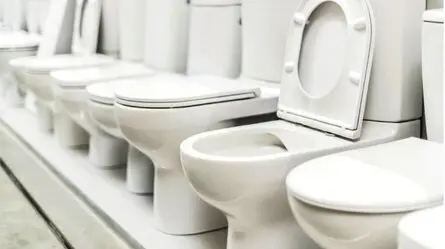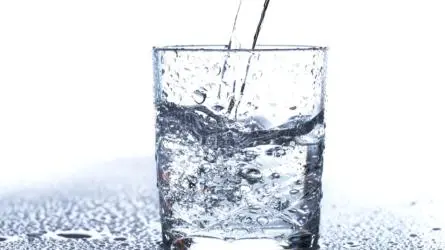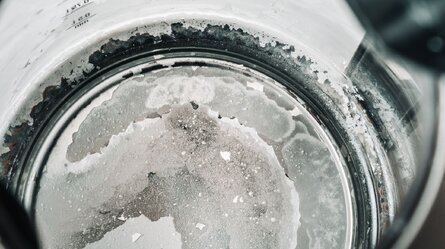Are you worried about sediments or metal shavings in your home’s water supply? Or perhaps your water system is at risk of chemical contamination?
Water filters improve drinking water quality by removing all the contaminants (including magnesium and calcium compounds that cause limescale and build-up), and the water also tastes better!
If that’s the case, you might have thought about installing a water filtration system at home. To make sure it works as you hope, it’s important to understand how these systems operate.
To explain the process in the simplest way possible, we’ve curated this short guide about water filtration systems.
The Types Of Water Filters Used And How They Work
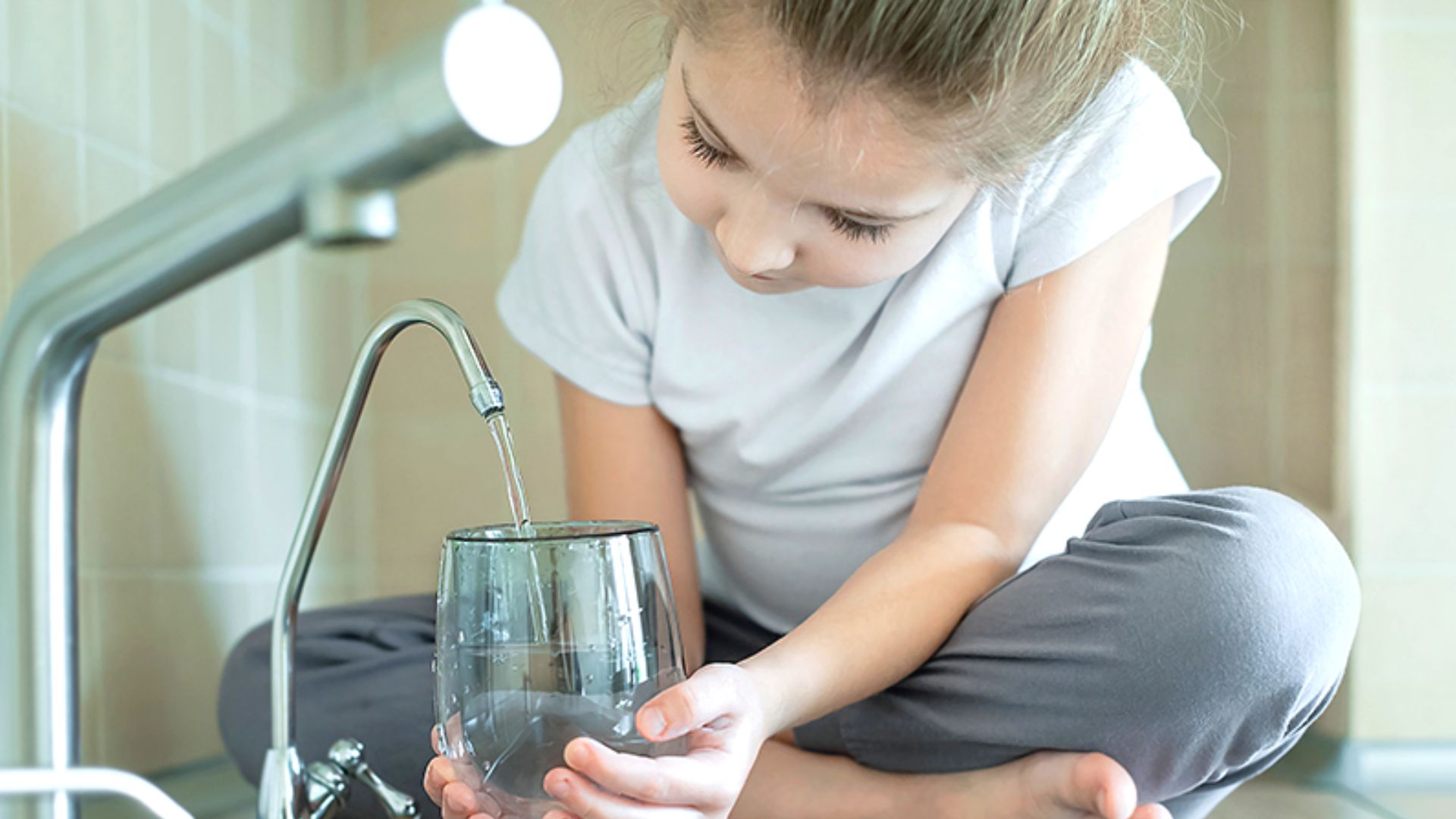
Based on the impurities you’re trying to eliminate, you’ll come across the following types of filters:
- Absorption filters
- Mechanical filters
- Reverse Osmosis Filters
- Ion Exchange Filters
- Sequestration Filters
Note that each type of filter is designed to address a separate issue in the water supply. Several filtration systems utilise a combination of methods to filter the water at multiple levels. Thus, to clearly understand such a multifaceted system, you’ll need to know how each type of filter plays its part in the filtration process.
Their Working Mechanism
In Australia, most homes receive drinking water from a treated municipal source. While it’s safe, it can sometimes taste or smell unpleasant due to chemicals like chlorine, which are used to eliminate harmful bacteria and germs.
Depending on your location, you might also find the main water supply line, causing the formation of limescale deposits that can damage appliances and block pipes. And this is the tap water you drink.
So, how do filtration systems work to remove the hose of impurities? Let’s have a quick look at each of the types of filtration:
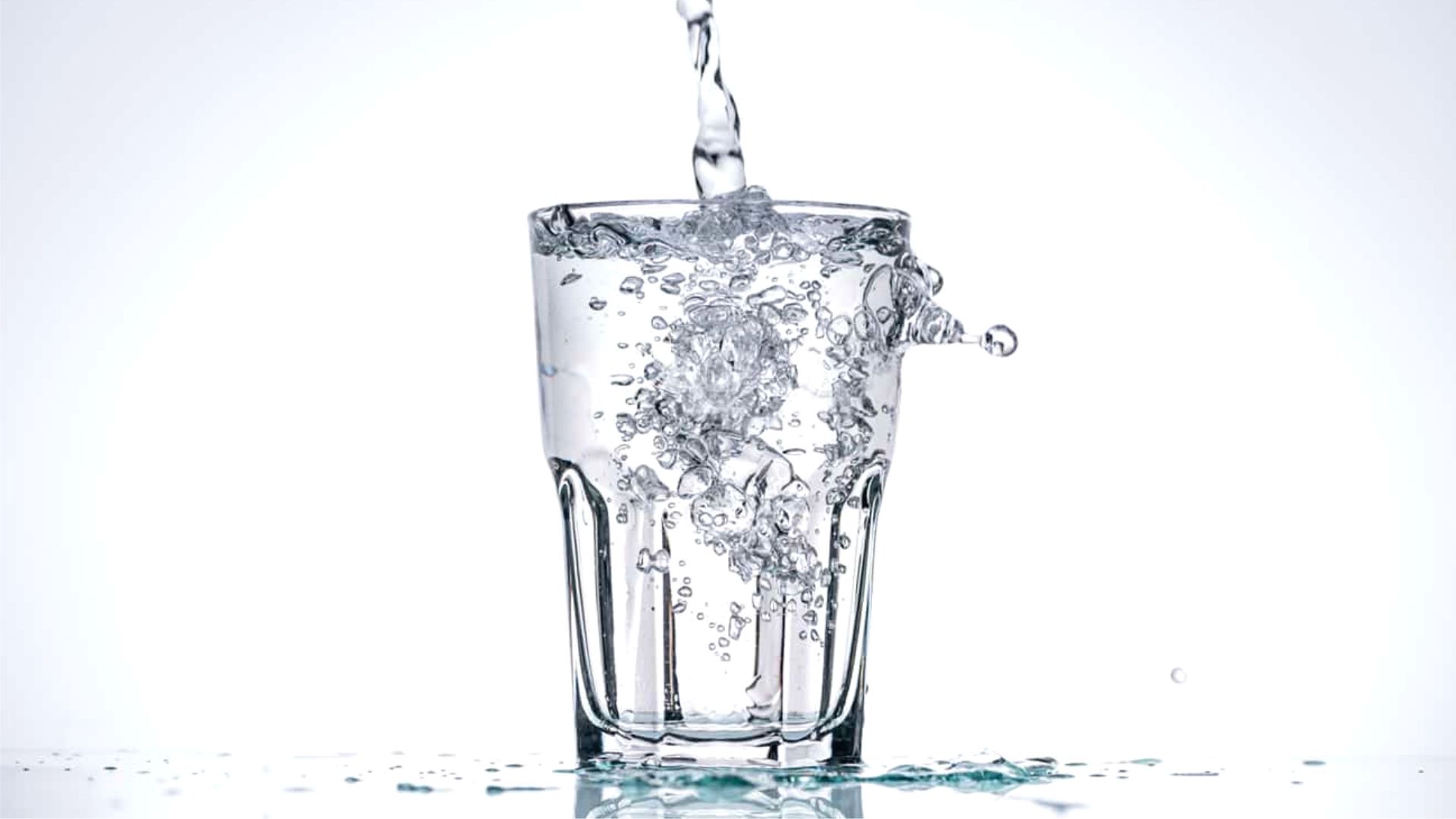
1. Absorption
The absorption process in a water filtering system is mostly carried out using carbon, which effectively captures water-borne contaminants. Carbon’s superior absorption power stems from its large internal structure, full of nooks and crannies that can successfully trap chemical impurities like chlorine.
Most domestic filters come with a granular activated carbon filter or GAC to reduce undesirable odour and taste by absorption. On the other hand, the more costly filtration systems apply carbon block elements that are usually more efficient and have a micron rating for the removal of particles.
Interestingly, carbon filters can be crafted from different materials like coconut shells and wood. Coconut-based filters tend to be more effective, but they are also pricier.
2. Mechanical Filtration
A filtration system removes dirt, sediment, and other particles from water by using a barrier. Mechanical filters range from basic meshes that can filter the larger debris to ceramic filters with a complex pore structure to enable ultra-fine filtration. This makes the latter more efficient in filtering out pathogenic organisms.
Also, mechanical filters are usually given micron ratings to indicate their effectiveness through the size of particles they can remove. The ratings that you would generally come across in such filters include:
- 0.5 micron: Can remove cysts such as cryptosporidium and giardia
- 1 micron: Can remove minute particles that can only be seen with a microscope
- 5 micron: Can remove the majority of visible particles
3. Reverse Osmosis Unit
Popularly referred to as RO systems, these filters are designed to remove inorganic solids and volatile organic compounds dissolved in water, such as magnesium and calcium ions. They do this by passing water under pressure through a semipermeable membrane so that most contaminants are trapped. Also, reverse osmosis systems filters solely utilise water pressure for their filtration mechanism and don’t require electricity.
This method is highly effective in removing impurities in water and is generally used with several other filters, such as mechanical and absorption filters. Such a filtration system removes maximum contaminants, providing almost 100% pure and safe filtered water.
Adding extra filters to establish a multi-stage filtration system makes an RO unit costlier than other water filters. However, an RO unit is the most suitable choice for specialised production procedures requiring 99.9% pure water.
4. Ion Exchange
Ion exchange is a process that involves softening hard water by swapping calcium and magnesium ions with hydrogen, sodium, or similar ions. This exchange physically removes hard minerals, making the water suitable for high-temperature uses, like in large coffee machines.
These filtration systems use a resin for ion exchange available in tiny beads. But, the water filters come as sealed units enclosing the resin, so you’ll need to replace them with new ones when the ion exchange mechanism ceases to work.
5. Sequestration
Sequestration involves the chemical isolation of substances and is commonly used in water purification systems to separate contaminants. Food-grade polyphosphate is often utilized in these systems to sequester magnesium and calcium traces, which cause corrosion and limescale.
But, as this substance is introduced in small amounts, it inhibits scale formation but doesn’t eradicate this impurity. The water isn’t softened, but the minerals are confined within the solution to prevent them from depositing as scales on the surfaces they come in contact with.
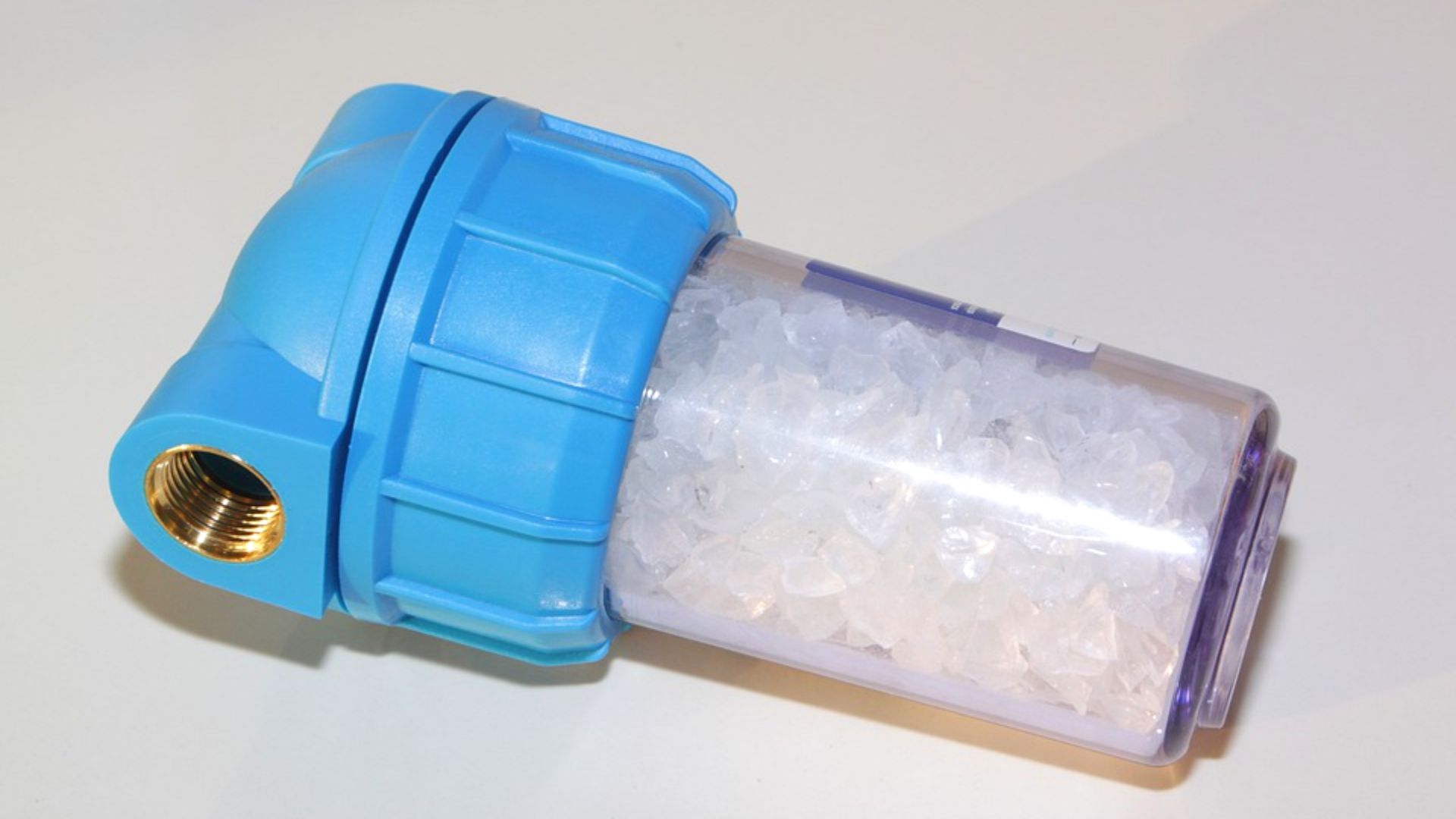
Understanding Your New Water Filtration System
So, that was all about how water filter systems help provide fresh-tasting, clean water for various applications.
You might have understood that every filter has limitations, so they’re better off when combined differently. So, it’s time for you to select a suitable filtration system for your needs based on the types of filters used in them. You must maintain your water filter so that it continues to provide fresh drinking water.
If you need assistance installing or maintaining your water filter system, please speak to our Perth Plumbers. Our team is highly skilled and experienced with all types of water filters.
Take care!
Water Filter FAQs
What is the difference between chemical and water filtration processes used in activated carbon filters?
Chemical filtration removes contaminants through ion exchange, where filter media chemically interacts with contaminants to trap them. Activated carbon filters use physical absorption, where contaminants are trapped in the porous physical structure of the carbon material.
Is bottled water or unfiltered tap water better?
Bottled water usually goes through treatments like reverse osmosis to eliminate contaminants and is disinfected. On the other hand, unfiltered tap water may contain heavy metals, chemicals, and various impurities depending on its source. Filtering tap water generally provides a higher quality of drinking water than leaving it unfiltered.
How do activated carbon filters purify water?
Activated carbon filters use highly porous carbon material to physically trap contaminants through absorption, adsorbing chemicals, heavy metals, and impurities. This allows them to effectively remove chemicals and purify water without harsh chemical treatments.
What contaminants can water filtration remove?
Water filters remove many contaminants, including heavy metals like lead and mercury, organic chemicals like pesticides and VOCs, chlorine, microorganisms like bacteria and protozoa, and turbidity. The specific contaminants removed depend on the filtration method.
Why is water filtration necessary?
Water filtration is essential to remove dangerous contaminants and purify water for safe drinking. It improves taste and odour by removing chlorine used to disinfect tap water. Filtration also removes minerals that cause scale build-up in pipes and appliances.


